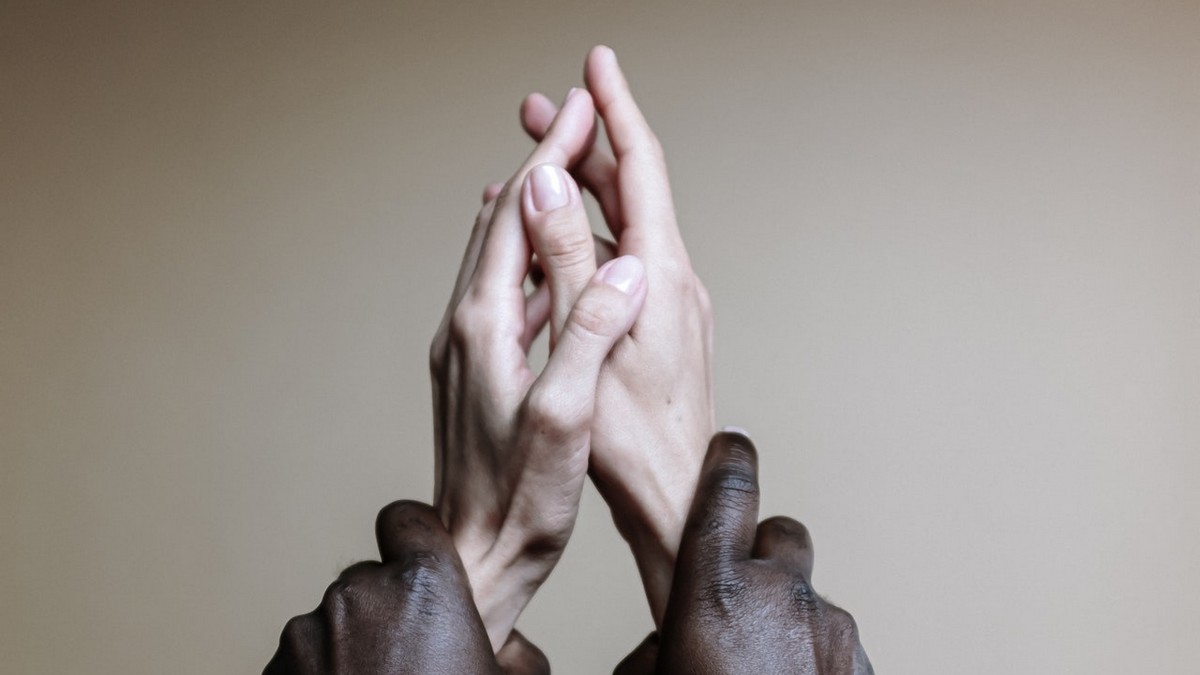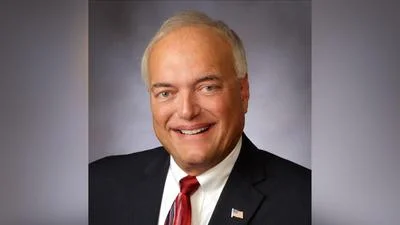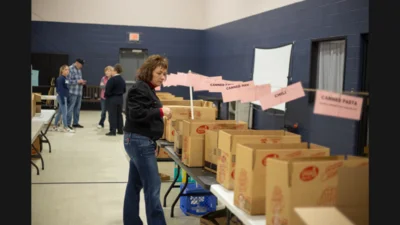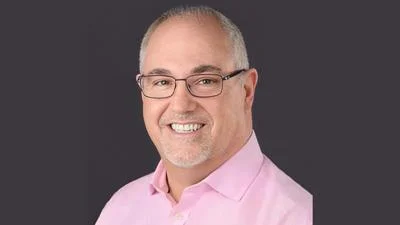Who do you turn to when you need help? Most of us turn to family or friends who have been where we are. We seek out advice and ideas from those who have experience and wisdom.
Seeking help for mental health and addiction is no different — it just has a name: peer support. Peer support is a vital component when striving for recovery because it allows a person to tap into a support system that wants nothing more than to help them succeed.
Peer support doesn’t have to be a formalized process. It can be as simple as having a conversation with a friend who has been where you are. But what if you don’t have someone who’s been there?
Peer support is provided in Knox County by the Main Place and Riverside Recovery. This is a great resource for anyone in the county to get the support and understanding they need to move from struggling with mental illness or addiction to getting back on their feet and walking into recovery. As a person with lived experience, I can tell you that one of the most beneficial things for myself when beginning the process was seeing other people in recovery live full and purposeful lives and knowing that it was possible.
When we talk about recovery, it doesn’t always mean the illness is gone. Some mental illnesses, while treatable, are there for a lifetime. People who struggle with addiction will tell you it lives with them every day and they must remain diligent to stay sober. Recovery is a self-directed approach of living with an illness but not letting it control our actions, relationships and ability to participate as members of a community.
Many who have spent time in a traditional behavioral health system have learned how to be “patients” instead of people. After someone has been given a diagnosis and begun to use services designed for people with an illness, they may feel inferior to other people, and this can translate into all aspects of their life. One might become — in their own mind and in the minds of others — a diagnosis rather than a person. This leads to feelings of separation from others or being devalued. It is our job as a community to support those who are striving for or maintaining recovery.
If you would like to hear more about how recovery is able to change lives and support people in our community, you can check out the blog on our website at mhrlk.org. There, we currently have two peer-support podcasts: one for peer support in the first-responder community, and another about how peer support can change lives for people struggling with mental illness and addiction. If you’re a community member who just wants to learn more, we have several training options available to you at the MHR Board, and we’d love to hear from you.
Emily Morrison, Community Relations Coordinator
Mental Health and Recovery for Knox and Licking Counties
1435 W. Main Street, Suite B
Newark, Ohio 43055
Office: 740-522-1234, ext. 28
Cell: 740-504-3598







